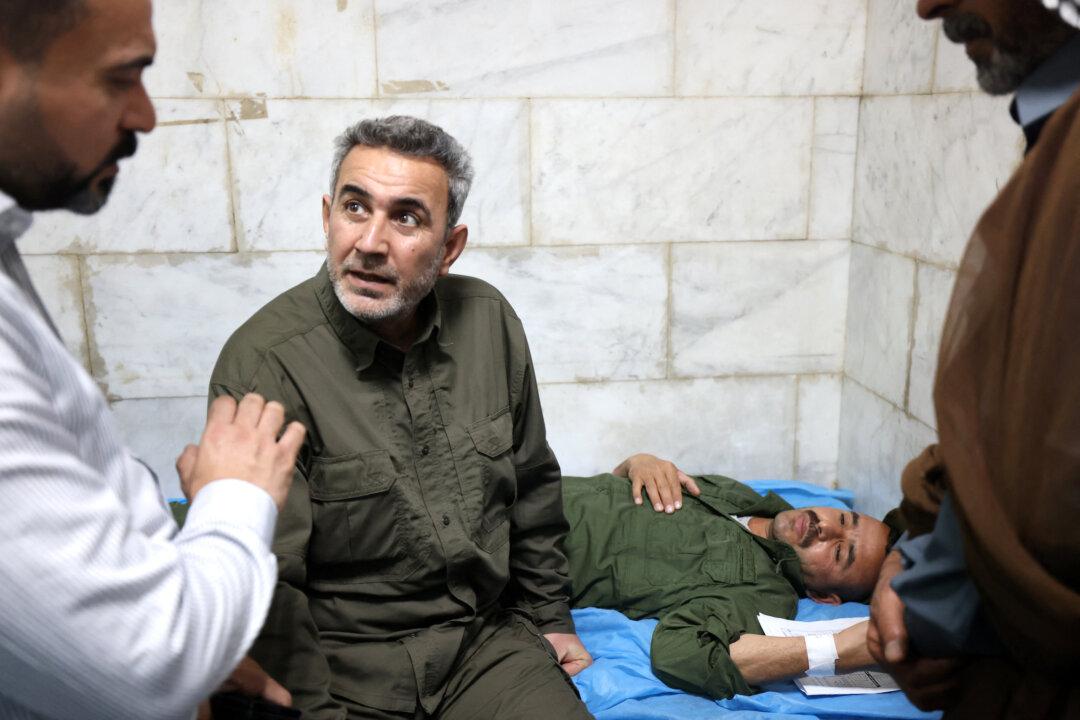The U.S. military has said that it has no reason to believe that U.S. forces were responsible for a huge blast reported at a military base in Iraq that killed a member of Iraq’s Iran-backed paramilitary forces on April 19.
U.S. Central Command said in a post on social media platform X late on April 19: “We are aware of reports claiming that the United States conducted airstrikes in Iraq today. Those reports are not true. The United States has not conducted airstrikes in Iraq today.”





